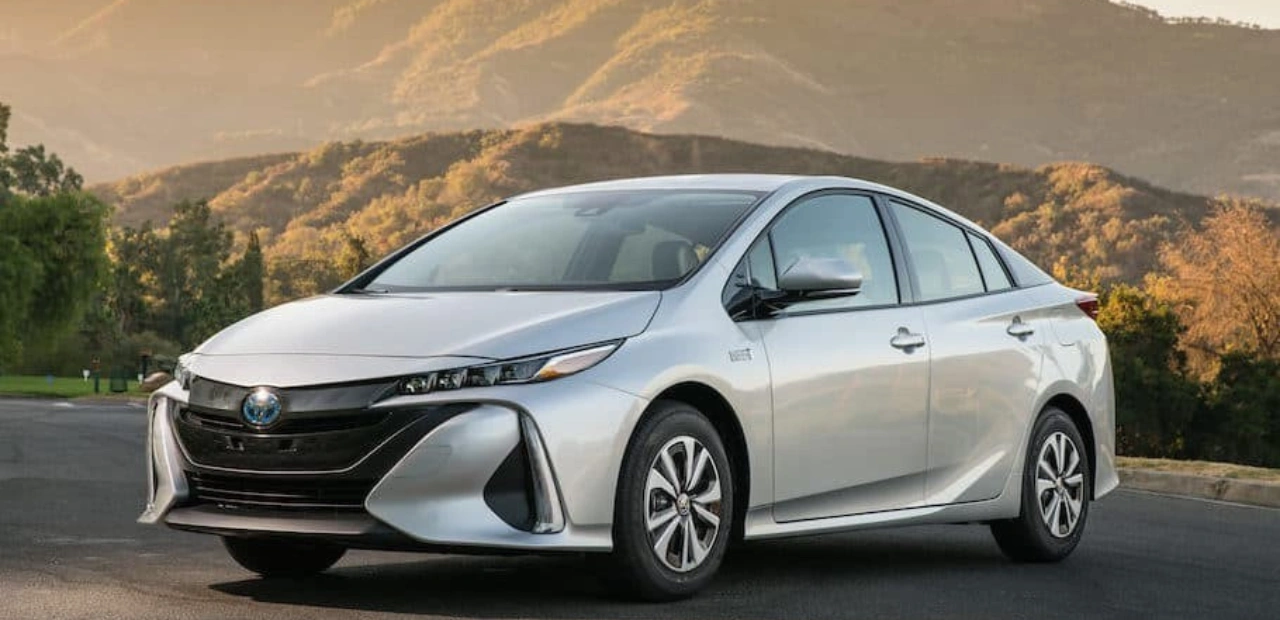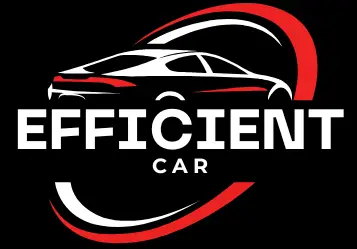What is the resale value of efficient cars?

Factors affecting the value of efficient cars in the used car market
A multitude of factors can influence the value of efficient cars in the used car market. The brand and model of the vehicle play an essential role in determining its resale value. Well-established and reputable car brands tend to hold their value better than lesser-known brands. The overall condition of the car, including its mileage, maintenance records, and service history, can also affect its value. Potential buyers often look for cars with a clean maintenance record as it indicates that the vehicle has been well taken care of and is less likely to have underlying mechanical issues. Additionally, the demand for efficient cars can fluctuate depending on various economic factors, such as fuel prices and government policies. Consequently, as these factors change, so can the resale value of efficient cars in the used car market.
Another factor that affects the value of efficient cars in the used car market is the level of technological advancements. As the automotive industry evolves and introduces new features to improve fuel efficiency, older models may become less desirable. Buyers are often attracted to vehicles with the latest technology, such as hybrid or electric cars, which offer higher fuel efficiency and lower carbon emissions. Cars equipped with advanced safety features, such as collision warning systems or lane departure warnings, can also have a positive impact on their value. Conversely, vehicles with outdated technology may lose value more quickly. Therefore, staying up to date with the latest technological advancements can help maintain the value of efficient cars in the used car market.
Understanding the depreciation rate of efficient cars over time
Efficient cars have been gaining popularity in recent years, primarily due to their lower fuel consumption and reduced emissions. However, like any other vehicle, efficient cars also undergo depreciation over time. Understanding the depreciation rate of efficient cars is crucial for potential buyers and sellers in the used car market.
Several factors contribute to the depreciation of efficient cars. Firstly, technological advancements play a significant role. As new and more efficient models are introduced to the market, older models become outdated, resulting in a decrease in value. Additionally, factors such as the overall condition of the vehicle, mileage, and any accidents or damages can also affect the depreciation rate. It is important for buyers and sellers alike to consider these factors to make informed decisions when dealing with the resale of efficient cars over time.
How fuel efficiency contributes to the resale value of a car
Fuel efficiency is a crucial factor that significantly contributes to the resale value of a car. In today's world, where environmental concerns and rising fuel costs are at the forefront, buyers are increasingly seeking vehicles that are economical in terms of fuel consumption. A car that can travel more miles per gallon is not only cost-effective for the owner but also highly desirable in the used car market. As a result, vehicles with higher fuel efficiency tend to have a higher resale value compared to those with lower efficiency ratings.
Moreover, fuel efficiency is not only about saving money on fuel expenses; it also reflects a vehicle's overall performance and reliability. Cars that are designed to be fuel-efficient often demonstrate advanced engineering and technological innovations. This indicates that the vehicle has been built with high-quality materials, precision, and attention to detail, leading to enhanced longevity and durability. Potential buyers are willing to pay more for a car that offers both economic benefits and a long-lasting, dependable driving experience. Consequently, fuel efficiency becomes an influential factor in determining a car's value in the resale market.
The impact of technological advancements on the resale value of efficient cars
With continuous advancements in technology, the impact on the resale value of efficient cars is substantial. As new technologies are developed and introduced to the market, older models with outdated features tend to depreciate at a faster rate. Consumers are often on the lookout for the latest technological innovations and are willing to pay a premium for cars equipped with state-of-the-art features. From advanced safety systems to modern infotainment options, technological advancements play a crucial role in determining the resale value of efficient cars.
One example of how technological advancements affect resale value is the introduction of hybrid and electric vehicles. As these vehicles become more popular, their resale value tends to remain relatively high due to their innovative technology. Features like regenerative braking, improved battery capacity, and increased charging infrastructure contribute to the appeal and value of these vehicles in the used car market. In contrast, cars lacking these advanced technologies may experience a decline in demand and subsequently a lower resale value. Thus, it is evident that technological advancements have a significant impact on the resale value of efficient cars.
The role of brand reputation in determining the resale value of efficient cars
One of the key factors that can significantly impact the resale value of efficient cars is the brand reputation. When it comes to buying a used car, consumers often look towards well-established and reputable brands. These brands have built a strong reputation over the years for producing reliable and high-quality vehicles. As a result, efficient cars from these brands tend to hold their value better in the used car market. Buyers are willing to pay a premium for a car that not only offers fuel efficiency but also comes from a brand that has a proven track record of delivering reliable and durable vehicles.
Brand reputation goes hand in hand with consumer perception and trust. A brand that is known for producing efficient cars is more likely to be perceived positively by buyers, leading to higher demand and ultimately a higher resale value. The reputation of a brand is also influenced by factors such as customer satisfaction, safety, and innovation. Buyers are often willing to invest in a car from a reputable brand because they believe it will offer them a greater sense of reliability and peace of mind. In summary, the brand reputation plays a crucial role in determining the resale value of efficient cars in the used car market.
The significance of maintenance and service history on the resale value of efficient cars
When it comes to the resale value of efficient cars, the significance of maintenance and service history cannot be overlooked. Potential buyers in the used car market often consider the maintenance and service records of a vehicle as a key factor while making their decision. This is because a well-maintained car is seen as a more reliable and trustworthy investment. A complete and detailed service history demonstrates that the car has been regularly maintained, with necessary repairs and oil changes done on time. Buyers feel more confident in purchasing a car with a documented service history, as it provides assurance that the vehicle has been taken care of and is less likely to have any hidden mechanical issues.
Furthermore, a thorough maintenance record can positively impact the resale value by preserving the overall condition of the car. Regular servicing ensures that the car's major components, such as the engine, transmission, and braking system, are functioning optimally. This not only enhances the car's performance but also extends its lifespan. A vehicle that has been well-maintained is likely to have less wear and tear, resulting in a higher resale value. Moreover, a documented service history can also act as a proof of compliance with the manufacturer's recommended maintenance schedule, further adding value to the car. In summary, the significance of maintenance and service history on the resale value of efficient cars cannot be understated, as it instills confidence in potential buyers and helps maintain the overall condition of the vehicle.
